STANLEY CAVELL, RELIGION,
AND
CONTINENTAL PHILOSOPHY
I NDIANA S ERIES IN THE P HILOSOPHY OF R ELIGION
Merold Westphal, editor
STANLEY CAVELL,
RELIGION,
AND
CONTINENTAL
PHILOSOPHY
ESPEN DAHL
Indiana University Press
Bloomington and Indianapolis
This book is a publication of
INDIANA UNIVERSITY PRESS
Office of Scholarly Publishing
Herman B Wells Library 350
1320 East 10th Street
Bloomington, Indiana 47405 USA
www.iupress.indiana.edu
Telephone 800-842-6796
Fax 812-855-7931
2014 by Espen Dahl
All rights reserved
No part of this book may be reproduced or utilized in any form or by any means, electronic or mechanical, including photocopying and recording, or by any information storage and retrieval system, without permission in writing from the publisher. The Association of American University Presses Resolution on Permissions constitutes the only exception to this prohibition.
 The paper used in this publication meets the minimum requirements of the American National Standard for Information SciencesPermanence of Paper for Printed Library Materials, ANSI Z39.48-1992.
The paper used in this publication meets the minimum requirements of the American National Standard for Information SciencesPermanence of Paper for Printed Library Materials, ANSI Z39.48-1992.
Manufactured in the United States of America
Cataloging information is available from the Library of Congress
ISBN 978-0-253-01202-9 (cloth)
ISBN 978-0-253-01206-7 (paperback)
1 2 3 4 5 18 17 16 15 14
CONTENTS
ACKNOWLEDGMENTS
I am grateful for instructive comments and responses to drafts of various chapters in this book. My thanks go to Stephen Mulhall, Stle Finke, Jan Olav Henriksen, Elisabeth Lvlie, Marius Mjaaland, Stine Holte, and Jonas Jakobsen. The writing of major parts of the book was made possible thanks to the funding of the Ethics Programme at the University of Oslo, where I also profited from participating in colloquial groups. The Faculty of Theology at the University of Oslo as well as the Department of History and Religious Studies at the University of Troms have provided me with good working conditions while writing the book.
Several chapters grew out of previously published articles, and I would like to thank the respective publishers for permission to draw on that material: : Finitude and Original Sin: Cavells Contribution to Theology, Modern Theology 27 (2011): 497515; permission granted by Wiley-Blackwell.

ABBREVIATIONS
| CHU | Stanley Cavell, Conditions Handsome and Unhandsome: The Constitution of Emersonian Perfectionism (Chicago: University of Chicago Press, 1990) |
| CR | Stanley Cavell, The Claim of Reason: Wittgenstein, Skepticism, Morality, and Tragedy (New York: Oxford University Press, 1979) |
| CT | Stanley Cavell, Contesting Tears: The Hollywood Melodrama of the Unknown Woman (Chicago: University of Chicago Press, 1996) |
| CW | Stanley Cavell, Cities of Words: Pedagogical Letters on a Register of the Moral Life (Cambridge, Mass.: Belknap Press of Harvard University Press, 2004) |
| DK | Stanley Cavell, Disowning Knowledge in Seven Plays of Shakespeare, updated edition (Cambridge: Cambridge University Press, 2003) |
| HDTW | J. L. Austin, How to Do Things with Words, 2nd ed., ed. J. O Urmson and M. Sbisa (Cambridge, Mass.: Harvard University Press, 1975) |
| IQO | Stanley Cavell, In Quest of the Ordinary: Lines of Skepticism and Romanticism (Chicago: University of Chicago Press, 1988) |
| LK | Stanley Cavell, Little Did I Know: Excerpts from Memory (Stanford, Calif.: Stanford University Press, 2010) |
| LI | Jacques Derrida, Limited Inc, trans. S. Weber (Evanston, Ill.: Northwestern University Press, 2008) |
| MWM | Stanley Cavell, Must We Mean What We Say? A Book of Essays (Cambridge: Cambridge University Press, 1976) |
| NYUA | Stanley Cavell, This New Yet Unapproachable America: Lectures after Emerson after Wittgenstein (Albuquerque: Living Batch Press, 1989) |
| OB | Emmanuel Levinas, Otherwise than Being or Beyond Essence, trans. A. Lingis (Pittsburgh, Pa.: Duquesne University Press, 1998) |
| PAL | Stanley Cavell, Cora Diamond, John McDowell, Ian Hacking, and Cary Wolfe, Philosophy and Animal Life (New York: Columbia University Press, 2008) |
| PDT | Stanley Cavell, Philosophy the Day after Tomorrow (Cambridge, Mass.: Belknap Press of Harvard University Press, 2005) |
| PH | Stanley Cavell, Pursuits of Happiness: The Hollywood Comedy of Remarriage (Cambridge, Mass.: Harvard University Press, 1981) |
| PI | Ludwig Wittgenstein, Philosophical Investigations, trans. G. E. M. Anscombe, P. M. S. Hacker, and J. Schulte (Oxford: Wiley-Blackwell, 2009) |
| PP | Stanley Cavell, Philosophical Passages: Wittgenstein, Emerson, Austin, Derrida (Cambridge Mass.: Blackwell, 1995) |
| PoP | Stanley Cavell, A Pitch of Philosophy: Autobiographical Exercises (Cambridge, Mass.: Harvard University Press, 1994) |
| SW | Stanley Cavell, Senses of Walden, expanded edition (Chicago: University of Chicago Press, 1981) |
| TI | Emmanuel Levinas, Totality and Infinity: An Essay on Exteriority, trans. A. Lingis (Pittsburgh, Pa.: Duquesne University Press, 1969) |
| TS | Stanley Cavell, Themes Out of School (San Francisco: North Point Press, 1984) |
| WV | Stanley Cavell, The World Viewed, enlarged edition (Cambridge, Mass.: Harvard University Press, 1979) |
INTRODUCTION
Why are the most unlikely people, including myself, suddenly talking about God? Terry Eagleton asks, referring to the return of religion among intellectuals, in affirmation as well as criticism of it.
Given only a superficial impression of the cultural, intellectual, and spiritual breadth of his enterprise, it would in fact be more unlikely were Cavell among those who have nothing to say concerning religion. But since his approach to religion is far from straightforward, the question remains: Exactly why does Cavell continue to invoke religious tropes and topics? This book is my attempt not only to answer that question but also to show how the wider philosophical context of the ordinary, finitude, skepticism, acknowledgment, modernism, and other of Cavells principal occupations can shed light on the significance of the explicit religious tropes and topics. Moreover, the philosophical context, worked out in Cavells rich and profound analyses and readings, carry religious implications of their own, which will be equally significant here. Starting out as a proponent of a highly original extension of ordinary language philosophy in the aftermath of J. L. Austin and the late Wittgenstein, Cavell has carved out the implications of his thinking in numerous contexts and on numerous topics, including music, film, Shakespeare, American transcendentalism, and romantic poetry. Despite his uncontested interest in religious themes along with his occasionally expressed unwillingness to subscribe to religious faith, Cavell has not worked out his complicated relation to religion in any detail. Nevertheless, he refers frequently to the Bible, Augustine, Luther, Pascal, Milton, Kierkegaard, and, more recently, Benjamin and Levinas, suggesting that he has an affirmative relation to religious topics; in regard to Cavells critical or rival take on religion, Nietzsche and Emerson play prevalent roles. Apart from their particular usage by Cavell, one does not have to be a theologian to perceive that his key concepts, such as confession, return, conversation, transfiguration, redemption, and praise, indicate a profound affinity to Christianity.


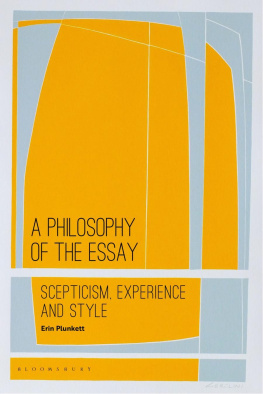



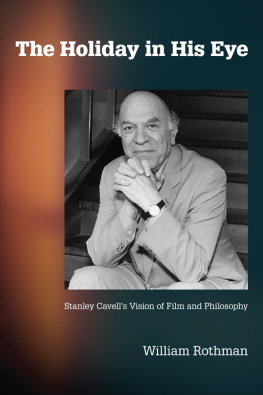
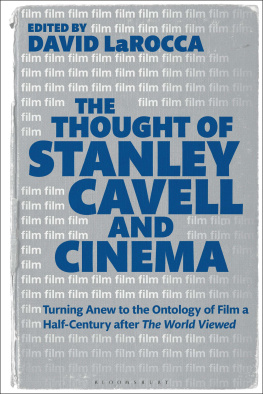
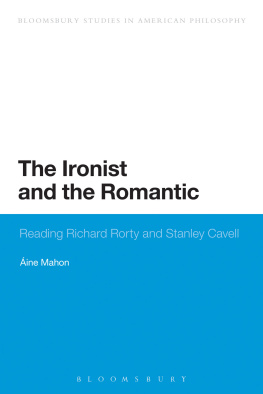
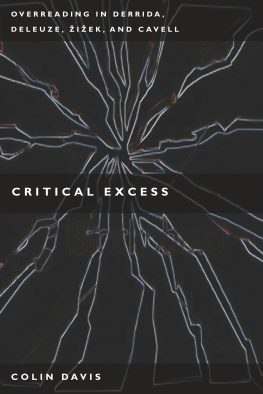
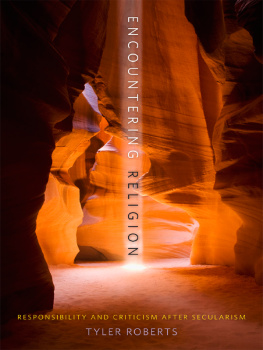
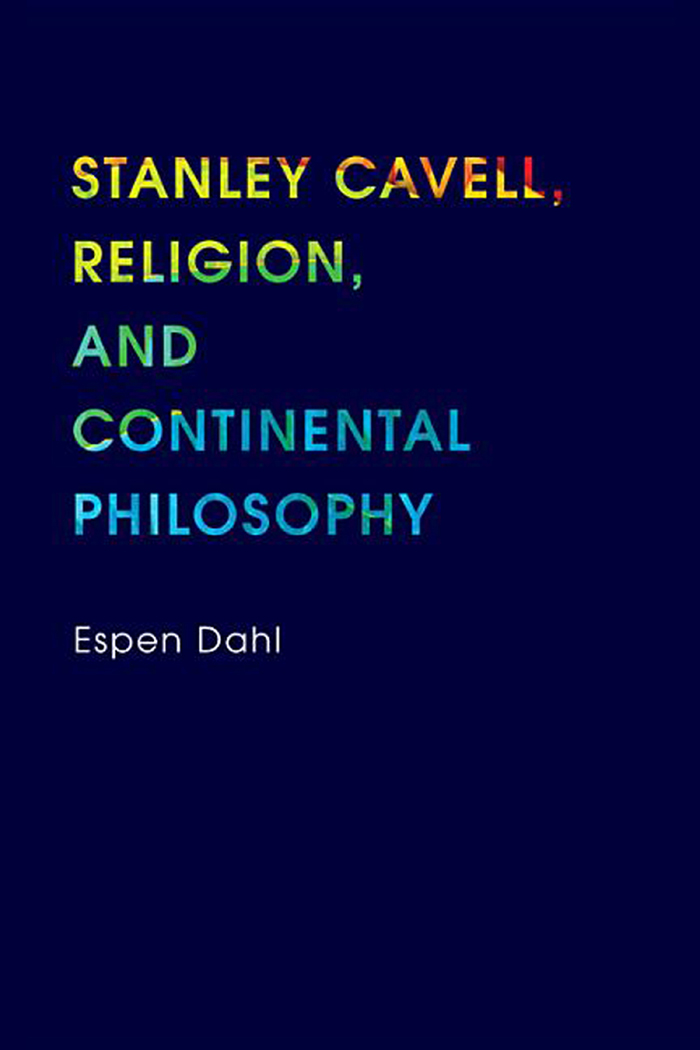
 The paper used in this publication meets the minimum requirements of the American National Standard for Information SciencesPermanence of Paper for Printed Library Materials, ANSI Z39.48-1992.
The paper used in this publication meets the minimum requirements of the American National Standard for Information SciencesPermanence of Paper for Printed Library Materials, ANSI Z39.48-1992.